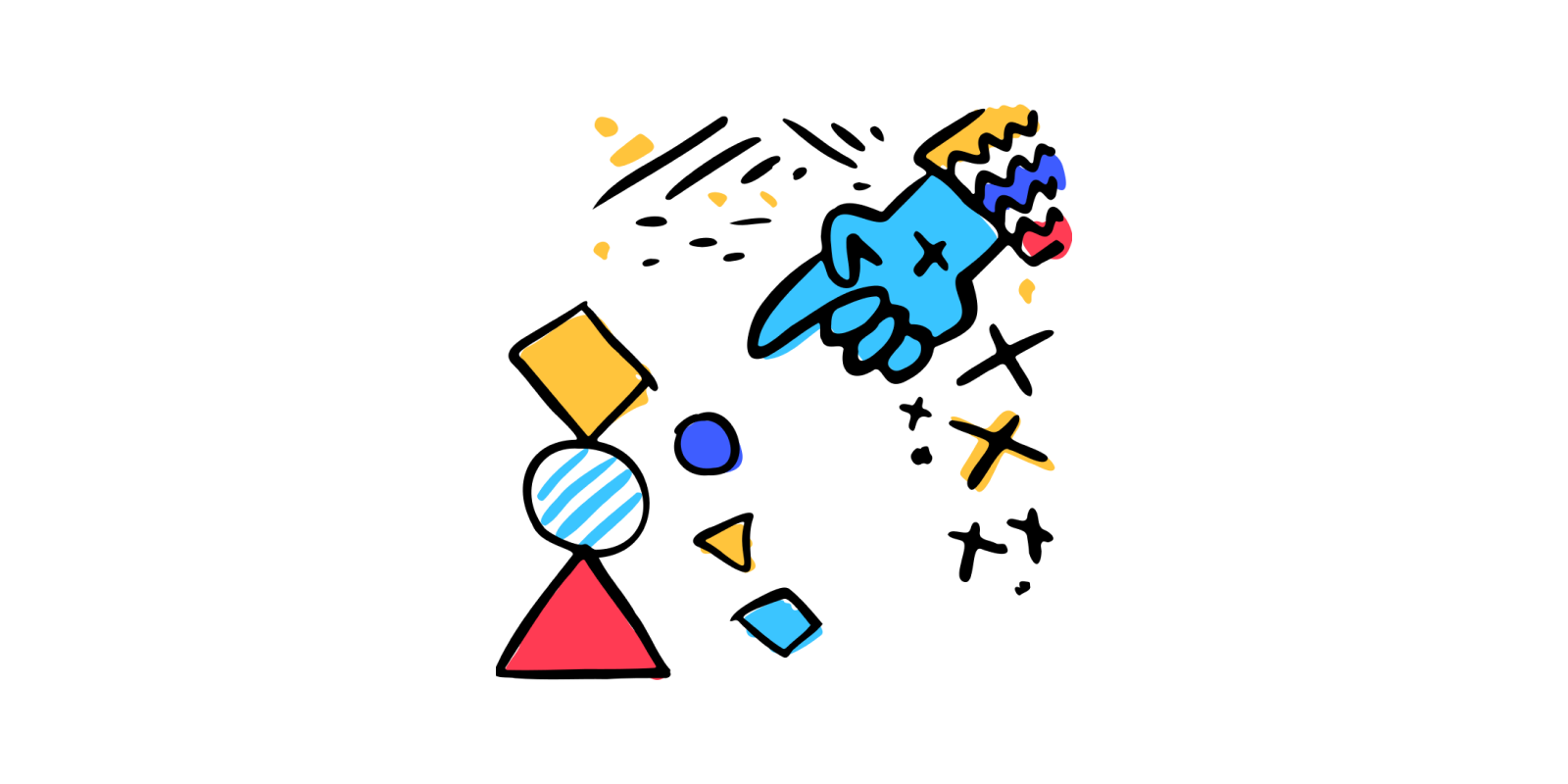The Power of Defaults
How the "default effect" affects our daily lives.

The default effect states that people usually just accept the default option, even if better options are at arms’ reach.
In product design, it’s extremely important to keep this effect in mind, since giving wrong defaults could completely impair the ability of users to get value from the product, giving in some cases the wrong impression that the product doesn’t work or isn’t useful.
But we should think about defaults in our daily lives as well.
Having a certain breakfast every day, starting to work at a certain time, getting your news on some website, and taking a walk in a specific place are all things that can become defaults easily, making you completely ignore far better alternatives.
It might be that changing your sleep schedule might affect your concentration a lot. Getting your news from better sources could improve your world-views. Switching the path for your daily walk could make you discover beautiful new places.
On the other side, you can try to intentionally set new defaults, like timeboxing certain high leverage activities or changing the layout of your house or desk to promote certain behaviors. How much of our daily lives are the way they are, just because they are the way they are?
So, it’s worth asking yourself: what are the defaults I’m mindlessly adhering to? What options do I really have?
We have a profound need to reduce uncertainty in our lives, so it might trigger anxiety to actively look for different options, challenging our defaults. Still, I think it’s out of this mental comfort zone that nice things can happen.